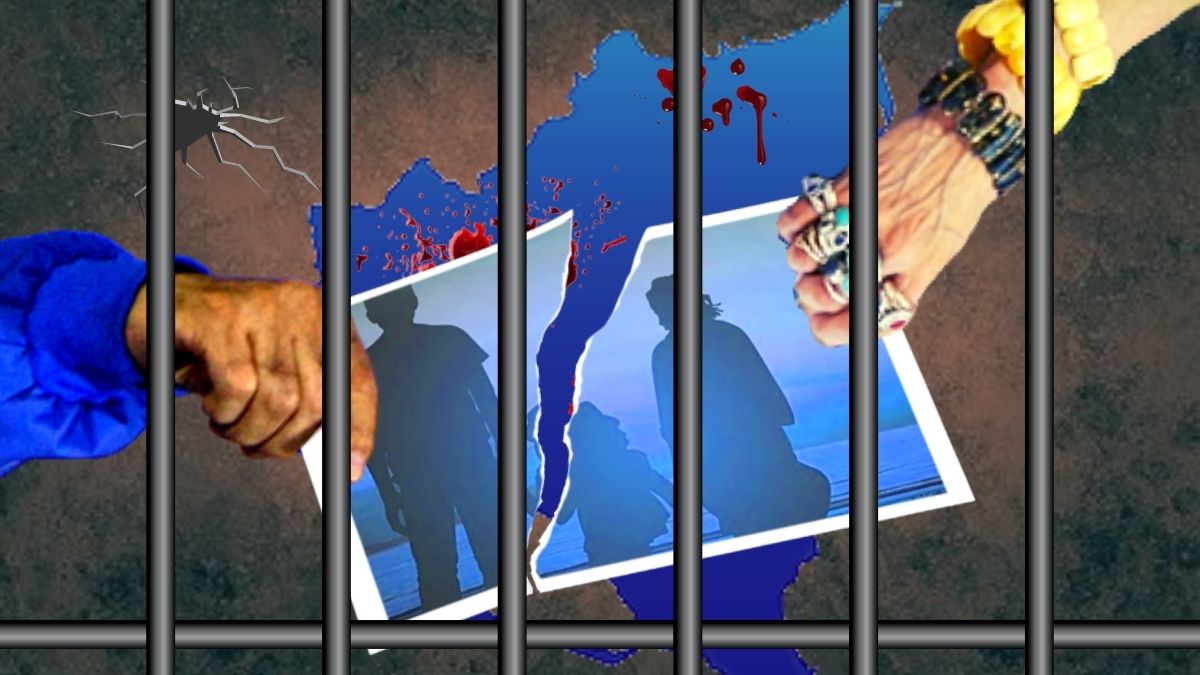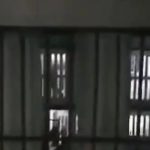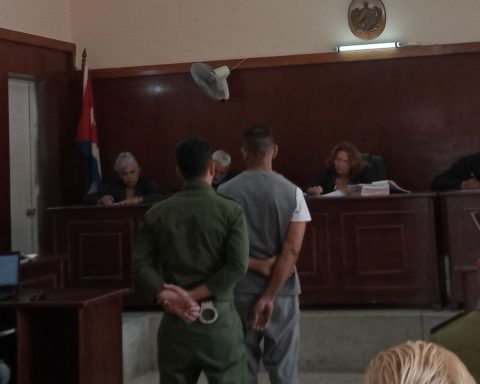A 15-year-old teenager endured a year of tears, frustration and failed trips to the Jorge Navarro Penitentiary System, known as La Modelo, before being able to visit his father, a political prisoner of the Ortega Murillo dictatorship, for the first time.
Relatives of the teenager, in an interview with Article 66, They recounted the psychological torture that this forced separation meant for the boy, to whom the prison authorities did not issue a card for more than a year that would allow him to enter for visits, but they also did not allow him to enter as a minor.
Related news: Nicaraguan dictatorship denies 18 minors the right to see their mothers and fathers imprisoned in El Chipote
The teenager, his family explained, suffered from episodes of anxiety and changes in his behaviour, even in front of the prison officials themselves, who he angrily questioned about not being allowed to see his father. He also had crying spells on special dates, such as the two birthdays he has not been able to share with his father, Father’s Day, Christmas or New Year’s Eve, for which he required at least two months of psychological therapy.
The Legal Defense Unit, through the report “The impact of political imprisonment on the sons and daughters of political prisoners in Nicaragua,” which it released this week, recorded the effects suffered by 37 minors, children of political prisoners, highlighting that they are in “extreme vulnerability.”
#TheLatest 🚨 This Monday, the UDJ published the report “The impact of political imprisonment on the sons and daughters of political prisoners in Nicaragua.” Serious effects on children, especially emotional ones.
DOWNLOAD IT HERE 📲 https://t.co/FNNZbtHW1b pic.twitter.com/T0DLRxobT4
— Legal Defense Unit (UDJ) Nicaragua (@NicaraguaUdj) August 19, 2024
“Effects have been found in all areas of children’s lives, whether at the family, psycho-emotional, social or economic level,” the UDJ defenders denounce in the document.
The report also notes that children of prisoners of conscience “have suffered direct or indirect violence by state agents, for example by witnessing the violent arrest of their parent, the search of their home, the temporary eviction of their home, the confiscation of their property, including toys” and the denial of visits to their parents.
The UDJ revealed that five of the 37 cases of minors, children of political prisoners, included in the study “have not been able to visit” their detained parents “because the authorities have denied it to them” and another 13 have not been able to see them “for personal reasons.”
The relatives of the teenager who spent more than a year without seeing his father explained that it was not until this August that the prison authorities authorized the admission of the minor, removing the obstacle of requesting an ID for minors under 16 years of age, to whom it was not issued even if they arrived with their parents on repeated occasions, and now only requesting the birth certificate.
Minors cry daily about forced separation
The Ortega Murillo dictatorship has 147 people imprisoned for political reasons, according to data from the Mechanism for the Recognition of Political Prisoners, of which, according to the UDJ study, at least 36 are parents of 69 minors.
Human rights defenders stressed that “the serious impact on the mental health of these children driven by violence and family separation resulting from political imprisonment” was even evidenced by the fact that “there are children who cry daily because of the separation and violence against their father or mother, some have had to go to a psychologist, and there are even children who have resorted to drug addiction or suicidal thoughts as a way of expressing their suffering.”
Related news: Nicaraguan dictatorship decapitates 1,500 NGOs with a single blow
The study found that at least 25 of the 37 minors (67.57%) “tend to cry constantly because of everything related to the arbitrary detention of their parents, and 3 (8.11%) have had suicidal thoughts as a result of this situation.” In addition, it reveals that 16 of the 37 minors “have required psychological or psychiatric care for the damage to their mental health caused by the situation of injustice.”
The minors who have been able to visit their parents, according to the study, have also suffered ill-treatment from the prison authorities. 19 of the 37 minors, the report reveals, “have been subjected, at least once, to long waits in prison before being allowed to see them, and most of them cry inconsolably when saying goodbye during visits. One has even gone so far as to grab his mother’s hair to keep her from leaving.”
Relatives consulted by Article 66 They also mentioned that minors are searched in the prison as if they were adults. They are made to take off their shoes and some items of clothing, those who wear disposable diapers are taken off to be searched, they are made to open their mouths and legs, their hair is searched, causing some of the children to say that they do not want to return to that place, where they are “touched” by strangers.

















